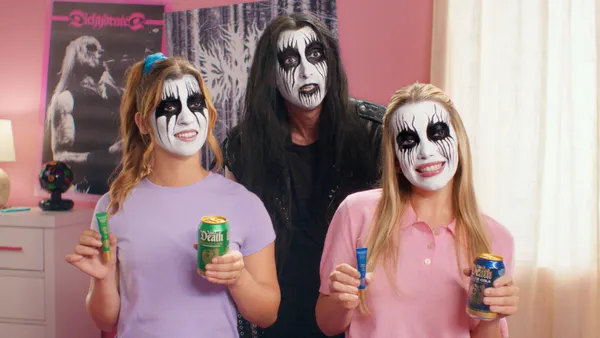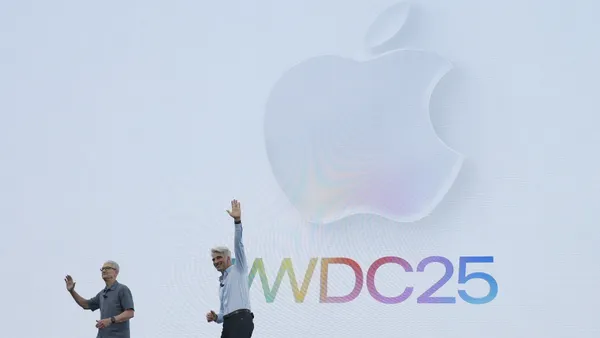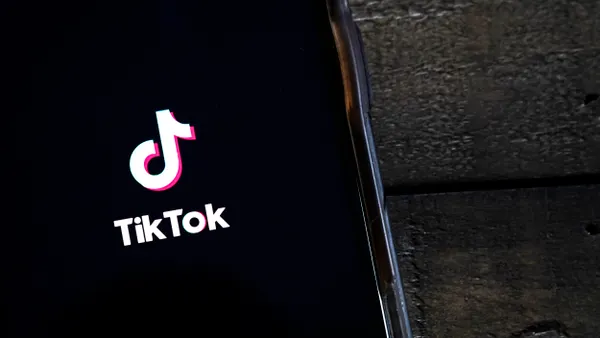Dive Brief:
- Google has brought on board Emma Coats, a storyboard artist who worked on Pixar’s movie “Brave,” as part of a Personality Team assembled to make Google Assistant more chatty, according to multiple reports.
- Coats writes dialog for Google Assistant and told the BBC she comes up with “fun things the Assistant can say and do, whether that's games or things to discover." She remarked, “We add delight wherever we can.”
- Digital Trends explained Google enlisted Coats and Google Doodle head Ryan Germick to create a backstory for Google Assistant. Coats is tapping her animation skills to turn the AI-driven aide into a compelling character that consumers want to interact with.
Dive Insight:
Google Assistant speaks using natural language. TechCrunch noted it can follow conversations even if there is a paucity of continual chatter, a strength that “makes it more human that some of the virtual assistants available today.” As competition heats up in the home assistant space, Google is focusing on providing its offering with more personality as a way to stand out. Among Google Assistant’s various capabilities are checking the weather, translation help, supplying directions, setting reminders and taking photos.
Google is attempting to rectify the stilted robotocism of its AI-powered Google Assistant by putting humans in charge of its personality development. “One of the things we are working on is how to make it relatable,” Emma Coats, editorial lead at Google Assistant’s personality project, told Fast Company. The publication revealed Coats and her colleagues are building the element of surprise into human-bot exchanges and making Google Assistant seem vulnerable.
Google has a lot riding on a consumer-friendly Google Assistant, which underlies its Google Home smart devices and is available on Android phones. In the voicebot races, Amazon’s Alexa, the digital assistant used in the e-commerce giant’s Echo smart speaker, has come out ahead so far. Strategy Analytics projects 1 million Google Home devices will sell by midyear, far fewer than the number of Amazon Echo units that will take up residence in homes around the world in the same period. Despite Google Home trailing Amazon Echo, observers aren’t writing Google Home off and, if Google can produce a smart speaker that consumers enjoy bantering with, that could be an advantage as it chases Amazon into living rooms, kitchens and bedrooms.











